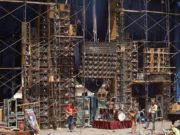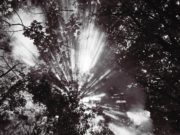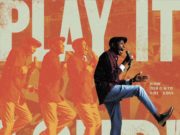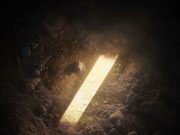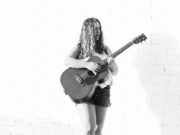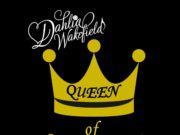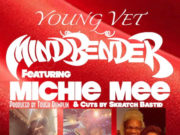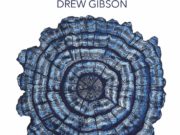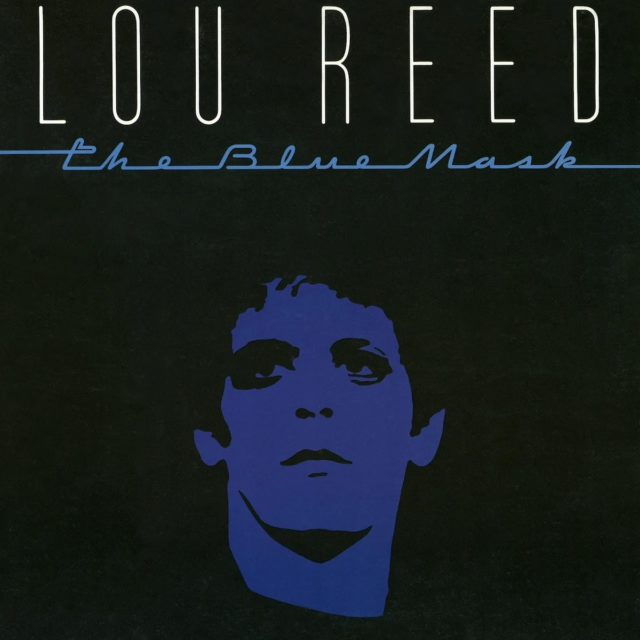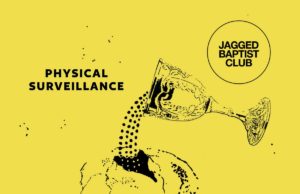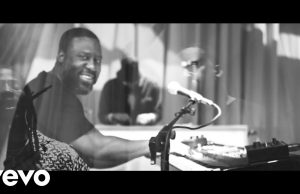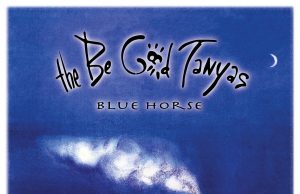 I have always considered myself a Lou Reed fan — but maybe I’m not. Or at least not an indiscriminate one — especially when it comes to his solo output. After leaving The Velvet Underground, the late legend made 20 studio albums as a solo artist, along with two more collaborations. Of those albums, I was only familiar with five. So I decided to listen to and review the remaining 15. At times it was like torture.
I have always considered myself a Lou Reed fan — but maybe I’m not. Or at least not an indiscriminate one — especially when it comes to his solo output. After leaving The Velvet Underground, the late legend made 20 studio albums as a solo artist, along with two more collaborations. Of those albums, I was only familiar with five. So I decided to listen to and review the remaining 15. At times it was like torture.
In a nutshell, Reed has a big basket of bonafide classics. Unique, unmistakable and ground-breaking songs which combine poetry and prose with a variety of music styles. But he also recorded a fly-ridden heap of awful, awful songs featuring his distinctive but poor singing, along with excessive sax and fretless bass.
Here’s one of the entries in his uneven catalog:
1982 was actually quite a good year for Lou Reed and his contemporaries — many of whom were transitioning from new wave, glam, prog or arena rock into what can be best-described as alt-pop.
Roxy Music put out Avalon, Peter Gabriel put out Security, Neil Young confounded everyone (especially David Geffen) with Trans, Donald Fagen had The Nightfly, Bruce Springsteen (who appeared briefly on Reed‘s Street Hassle) put out his four-track masterpiece Nebraska, Rush had Signals, Fleetwood Mac got back in the charts with Mirage, Sparks released Angst In My Pants, Richard and Linda Thompson did Shoot Out The Lights — and Reed’s future partner Laurie Anderson released her debut album Big Science, featuring O Superman.
Arriving two years after Growing Up In Public, The Blue Mask marks the first time Reed put out decent albums two back-to-back since Transformer a decade earlier. Interestingly, the cover photo is basically the same Mick Rock image as Transformer, except shaded blue. It also marks his return to RCA.
I have no freaking idea, then, why he decided to make My House the album opener. It’s boring and slow, and would have been a better closer. It sounds quite good, though. The entire album does. There are no overdubs besides vocals. Lou’s guitar is in the left speaker in standard tuning, while MVP guitarist (and former Voidoids member) Robert Quine is in the right channel in D-tuning. I do this all the time — it’s a great sound. Except I use open-G and open-D with the lead guitar standard.
Woman is next and starts with some lovely, sparse, very Reedian guitar. It gets spoiled for me when the band comes in — especially that farty fretless bass. But mostly this song is stoopid. This is basically the Reed version of To All The Girls I’ve Loved Before. I hate this. But it gets better. Underneath The Bottle is where you should start the record. It’s classic Lou. I’d lose the fretless bass, but I’ll stop going on about it. This proces once again that the key to a good Lou song is finding the right tempo for his lyrics. They nail it here.
The Gun is quite atmospheric, but wonderfully so — like those breakdown sections of Street Hassle. I’d love to hear a remix of this with Carol Kaye on bass. It’s very cool. Classic Lou storytelling. Side 1 ends with a rise of feedback to start the title track. It’s very arena rock. This would have been a great show opener, but Lou didn’t tour for this album. Holy crap, this is a great song. A rare banger with shouting and everything. It’s kind of like Foo Fighters with an early Hüsker Dü guitar solo. Really unexpected. How have I never heard this before?
Average Guy starts Side 2 with a slightly awkward mid-tempo rocker. Reed sings with his Vicious voice. It’s snarky and in character. I don’t love it, but it’s not awful. The Heroine is odd to hear, mostly because it’s a homonym for his more famous song Heroin, from the first Velvets album. It’s quite good, though — stripped down with just Lou and his effects-free electric guitar. If you like Lou’s prose/poetry, you’ll love it. I find it a bit meandering and without a sufficient hook. But Waves Of Fear kicks ass. It’s rather heavy and slow; a classic, three-chord progression, loud and loose with Lou shouting again. I dig it.
The Day John Kennedy Died is a ballad with that extremely dated fretless bass. I call this one a miss. It’s boring. Filler. Finally we get Heavenly Arms, a power ballad. Because this is Reed, you might be momentarily fooled into thinking it might be good. Don’t be fooled. This song is rubbish.
3/5
• • •
Area Resident is an Ottawa-based journalist, recording artist, music collector and re-seller. Hear (and buy) his music on Bandcamp, email him HERE, follow him on Instagram and check him out on Discogs.


